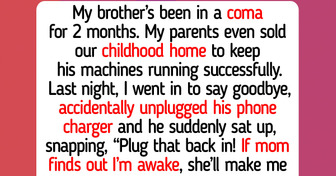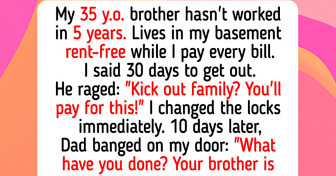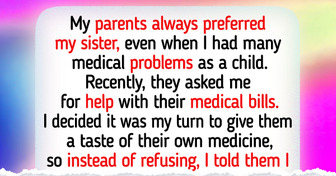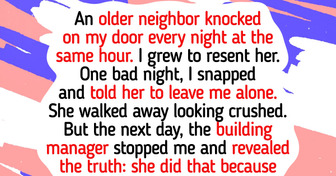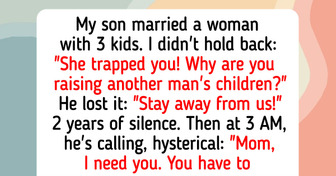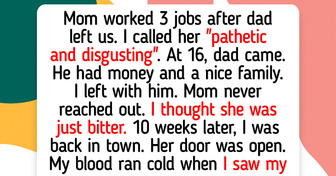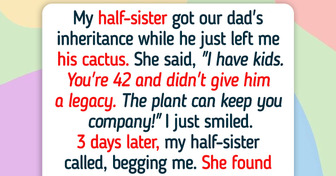Men and Women Have Very Different Ideas About Ideal Lip Size, According to Studies
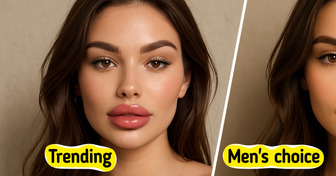
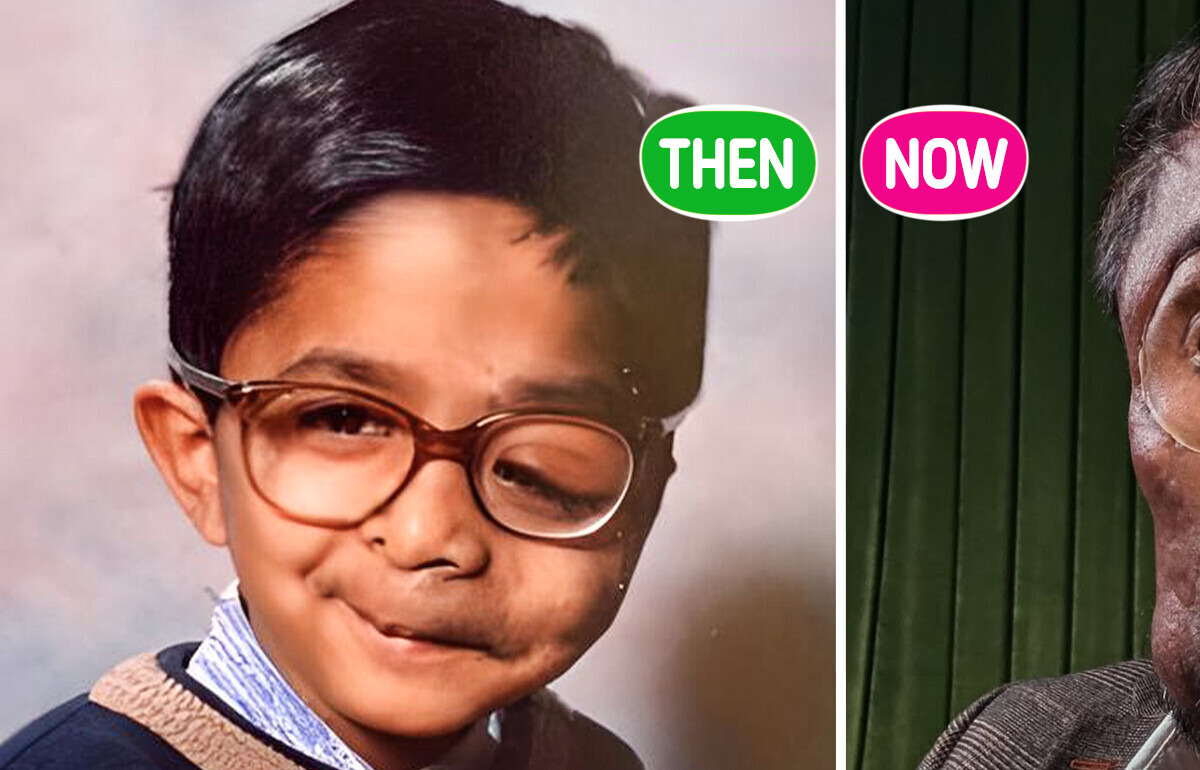
In a world that often judges by appearances, Amit Ghose’s story stands as a testament to resilience, advocacy, and the power of self-acceptance. Born with a genetic condition causing non-cancerous tumors along nerves, Ghose’s journey has been marked by both external challenges and internal growth.
Upon entering, Amit went to the counter to order coffee. A female employee said, “Oh, we’re not serving anymore,” and just walked off. He just walked out feeling very rejected, very upset.
This incident, though disheartening, was not the only similar experience for Ghose. Throughout his life, he has faced exclusion due to his appearance.
It leads to the growth of tumors along nerves, skin changes like café-au-lait spots, and can impact various body systems. While the tumors are typically benign, they can cause visible disfigurements and complications like difficulties with learning, heart and circulation issues, vision impairment, and chronic pain.
This led to teasing and isolation, with classmates making cruel remarks. One particularly hurtful comment before Halloween, “You don’t need a Halloween mask, you’ve got one for life,” left a lasting impact.
“That one comment really shaped a big part of my life, where I just couldn’t accept who I was physically. I used to never have the courage to go and play in front of other kids because I was scared, because I was always rejected, because nobody wanted to sit next to me.” For years, Ghose struggled with self-acceptance, often hiding his face and feeling unworthy.
However, a turning point came when he joined a school cricket team. The sport allowed him to connect with peers over shared interests, shifting the focus from his appearance to his abilities. Cricket became a source of confidence, helping him redefine his identity.
“This isn’t just about me. It’s for every child who’s ever felt different. For every adult who still hides behind a smile. You’re not alone. You’re not broken. You’re Born Different—and that’s your superpower.”
He also became a motivational speaker, visiting schools to share his story and encourage children to embrace their uniqueness. Through these efforts, he has touched countless lives, fostering a message of inclusivity and self-worth.
TikTok has played a significant role in Ghose’s journey. By sharing his experiences online, he has garnered a following of more than 200,000 people. This digital presence has not only provided him with a platform to advocate for change but has also connected him with a community of individuals who share similar experiences or want to support him:
Experiences of discrimination can have profound effects on mental health. Individuals like Ghose often face anxiety, depression, and low self-esteem. However, through support, therapy, and personal resilience, many can overcome these challenges and have fulfilling lives. Ghose’s journey exemplifies the strength of the human spirit in the face of adversity.
Amit Ghose’s story is a powerful reminder of the importance of empathy, inclusivity, and the need to challenge societal norms that judge individuals based on appearance. By supporting organizations that advocate for visible difference communities, educating ourselves about conditions like NF1, and fostering environments of acceptance, we can contribute to a more inclusive society. As Ghose continues his advocacy, his message remains clear: confidence comes from within, and no external judgment can diminish one’s worth.
From being crowned “the most beautiful girl in the world” at just six years old to strutting down the runways of Paris Fashion Week, Thylane Blondeau has lived her life in the spotlight. Now 24, the French model, actress, and entrepreneur is turning heads once again: Woman Who Was Named “The Most Beautiful Girl” Is All Grown Up Now—but Her New Look Sparks Debate

